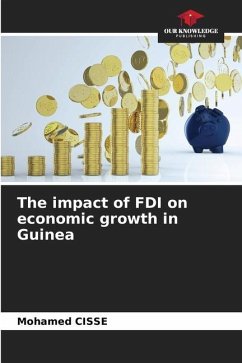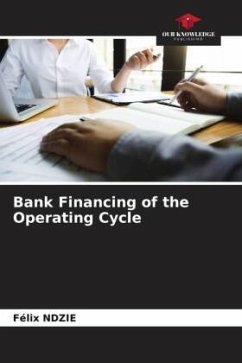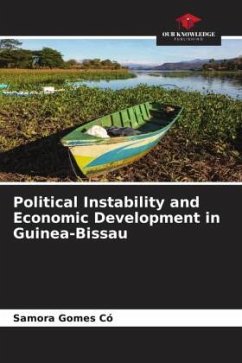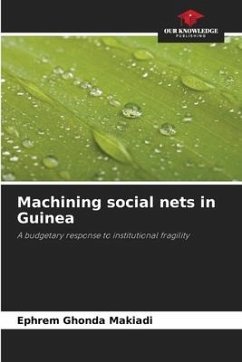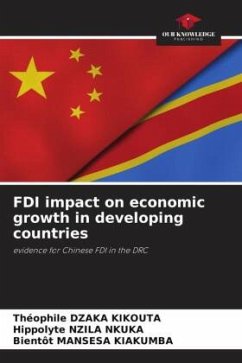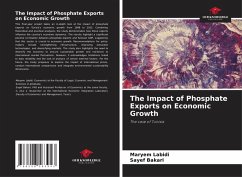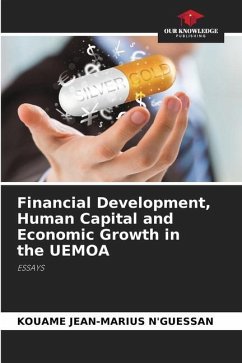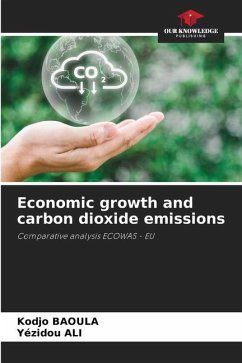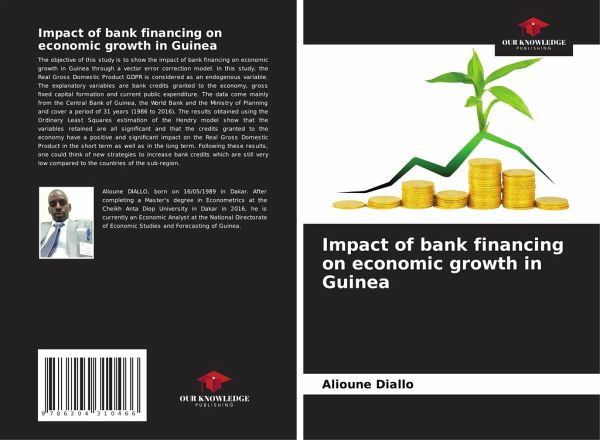
Impact of bank financing on economic growth in Guinea
Versandkostenfrei!
Versandfertig in 6-10 Tagen
27,99 €
inkl. MwSt.

PAYBACK Punkte
14 °P sammeln!
The objective of this study is to show the impact of bank financing on economic growth in Guinea through a vector error correction model. In this study, the Real Gross Domestic Product GDPR is considered as an endogenous variable. The explanatory variables are bank credits granted to the economy, gross fixed capital formation and current public expenditure. The data come mainly from the Central Bank of Guinea, the World Bank and the Ministry of Planning and cover a period of 31 years (1986 to 2016). The results obtained using the Ordinary Least Squares estimation of the Hendry model show that ...
The objective of this study is to show the impact of bank financing on economic growth in Guinea through a vector error correction model. In this study, the Real Gross Domestic Product GDPR is considered as an endogenous variable. The explanatory variables are bank credits granted to the economy, gross fixed capital formation and current public expenditure. The data come mainly from the Central Bank of Guinea, the World Bank and the Ministry of Planning and cover a period of 31 years (1986 to 2016). The results obtained using the Ordinary Least Squares estimation of the Hendry model show that the variables retained are all significant and that the credits granted to the economy have a positive and significant impact on the Real Gross Domestic Product in the short term as well as in the long term. Following these results, one could think of new strategies to increase bank credits which are still very low compared to the countries of the sub-region.



